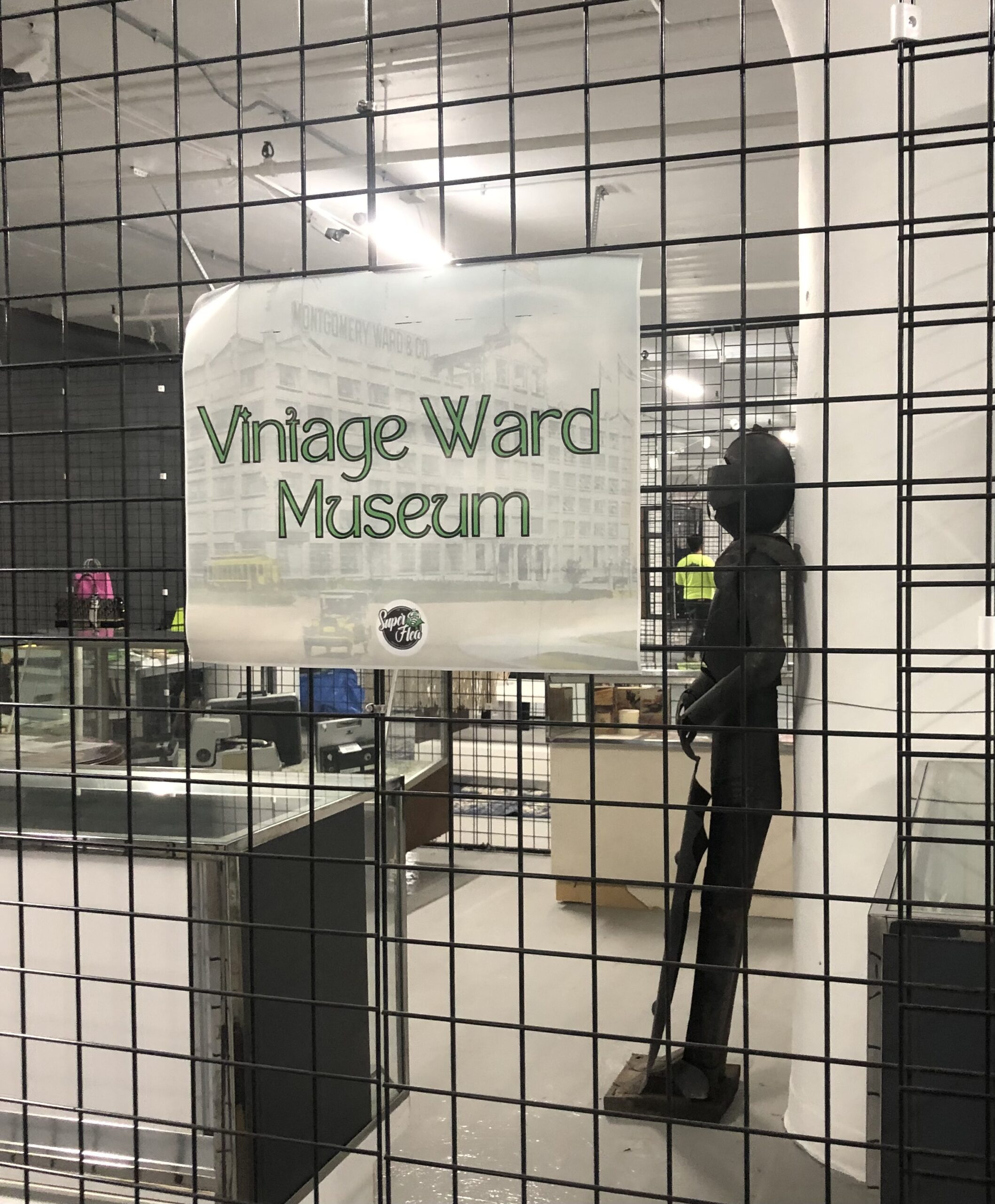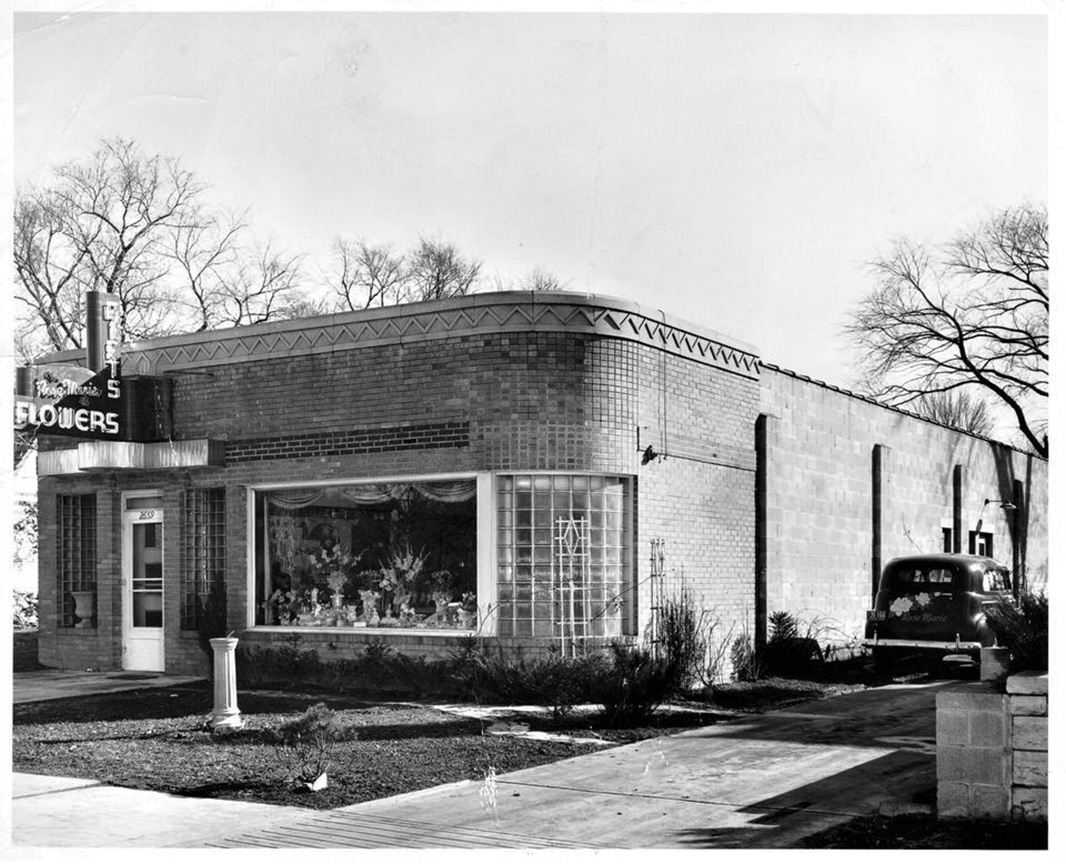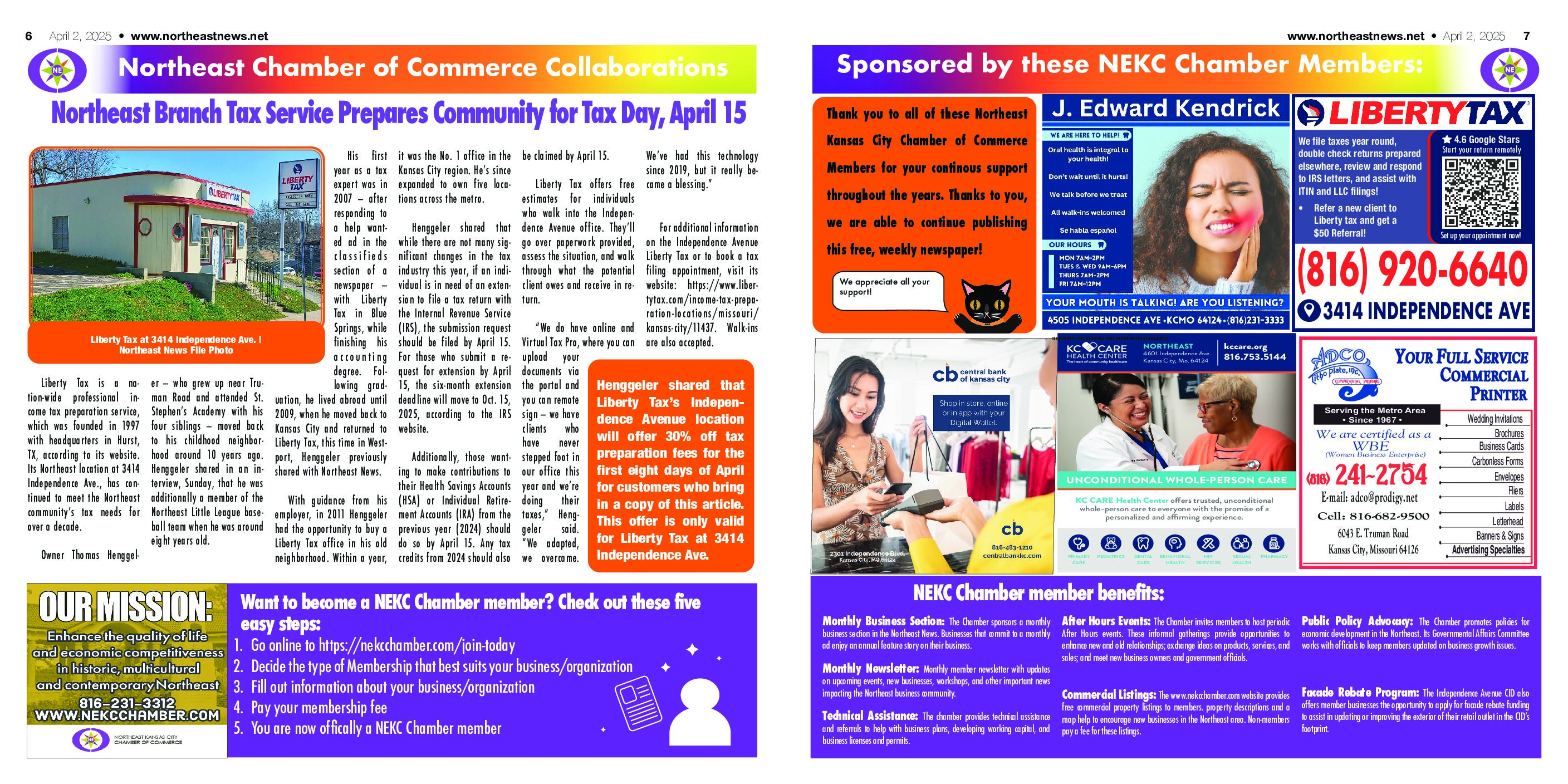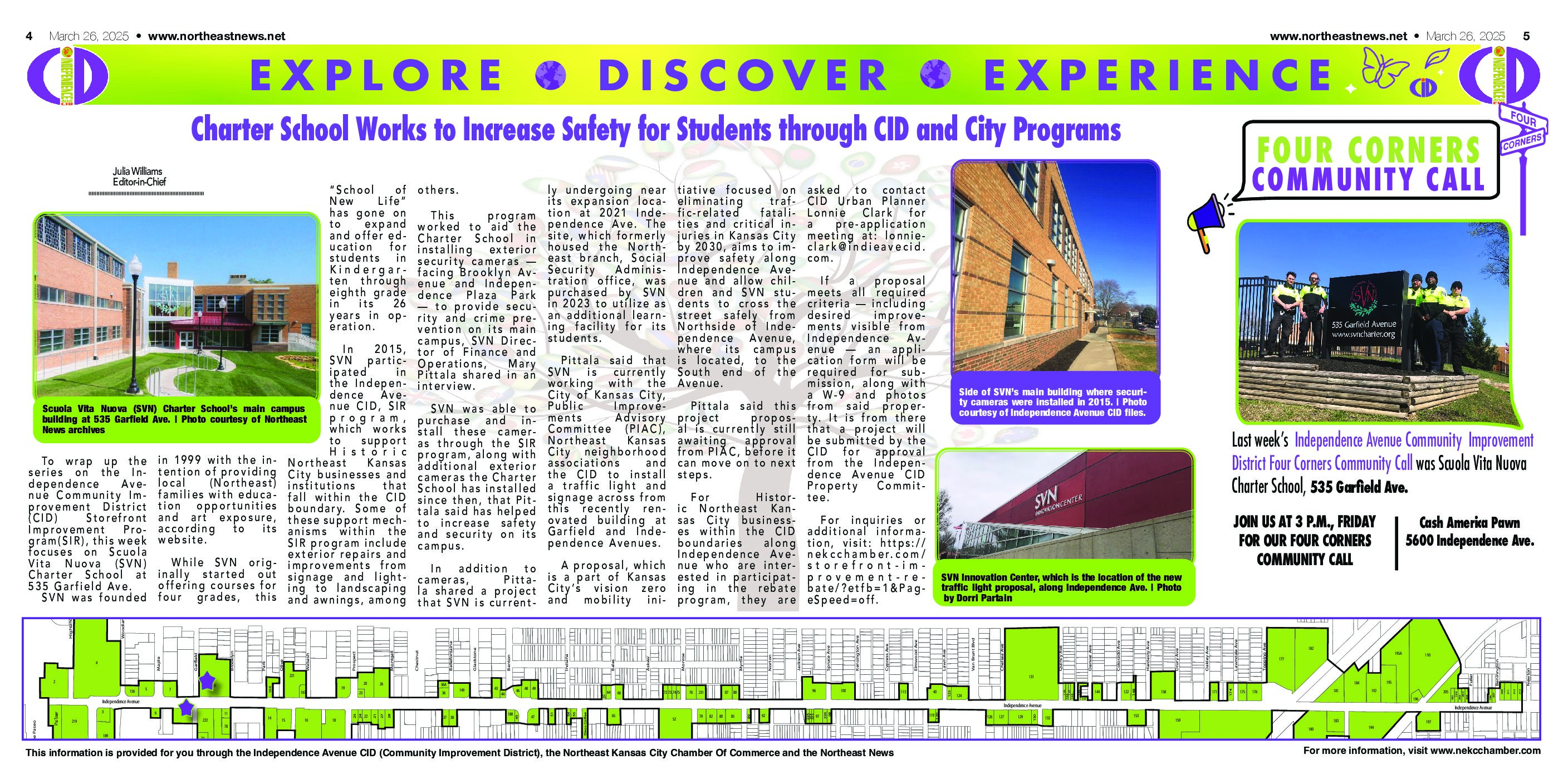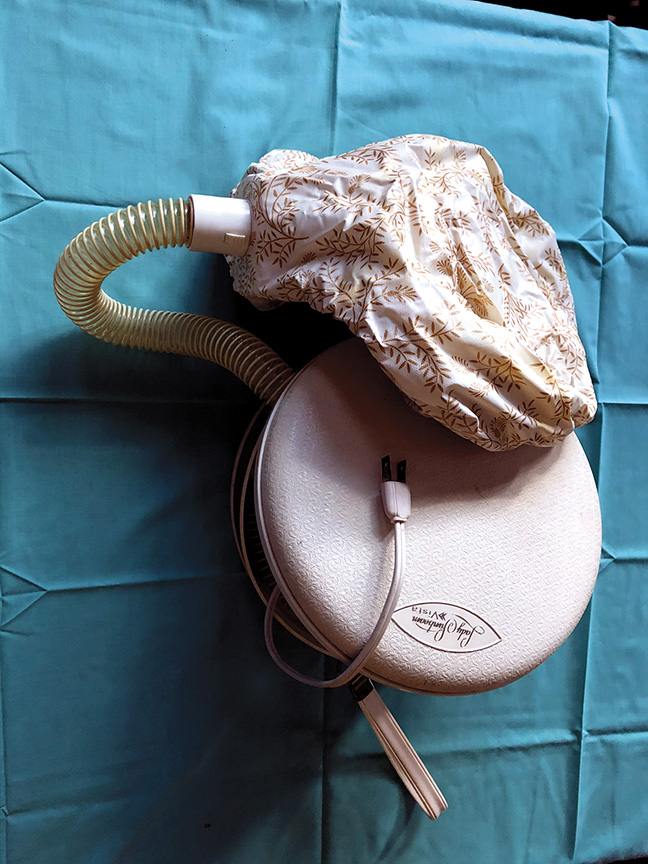
Dorri Partain
Contributor
For girls who want curls, the Lady Sunbeam Vista model VHD-9 provided the “fastest, easiest way to always enjoy lovier hair” without a salon appointment.
From the turn of the previous century, when inventors discovered circulating warm air through a contraption that fit over the head reduced the amount of time to dry wet hair, various designs were cumbersome and definitely stationary.
But by 1951, appliance makers including General Electric, Norelco, and Westinghouse began introducing smaller, lighter models for home use; all that was needed was a standard 120-volt electric outlet to style a fresh hairdo for a night on the town.
Those early models featured a table-top motor unit, flexible hose, and vinyl bonnet that required the user to sit while using it but there was still freedom to talk on the phone, watch television, read a book, or drink a cup of coffee while relaxing in the comfort of home.
Made of plastic, popular colors offered were pink, light or aqua blue, and ivory with gold or silver lettering and designs; users had the choice of three heat settings and a cooling option to avoid overheating.
For added convenience, by 1962 makers were encasing the motor unit inside a handy luggage-style carrying case, with storage for the hose and bonnet; some models were designed so the motor could be removed from the case and the unit, with an extra-long cord, could be strapped across the shoulder so the user could walk about as their hair dried.
While the bonnet was not necessarily comfortable, designers tried to make it more attractive for wearers by adding plastic flowers, lace, and flounces; General Electric even consigned award-winning hat designer Sally Victor to design stylish bonnets in fabrics used in her hat collections.
As hairstyles changed, younger women preferred less sculpted styles that didn’t require hair rollers, teasing, or hair spray and the bonnet-style hair dryer proved less popular than hot rollers, blow dryers, and curling irons by the early 1970s.


